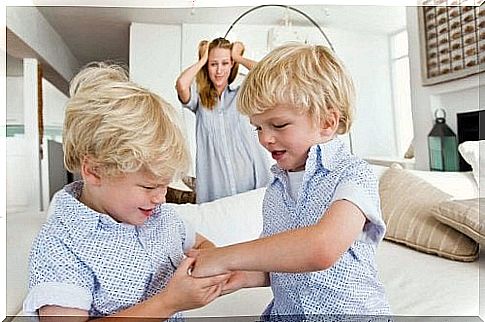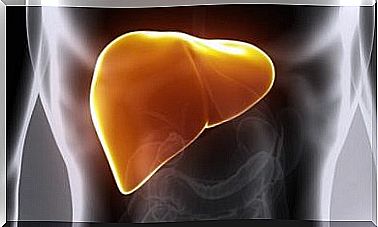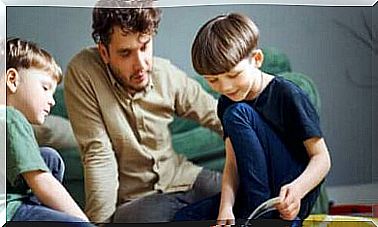How To Act When Children Bite

Children bite from approximately 2 to 3 years old. When they begin to get to know emotions they didn’t have before (such as anger, frustration, anger, or jealousy), and they don’t know how to channel what they feel into positive behavior, what can happen is they try to bite.
Although it may be an act that does not imply any serious problem, it is quite frequent. Children still do not know how to express well what they feel and express it by biting.
Why do children bite?
Understanding what’s behind the bite is the first step in getting children off this aggressive behavior. Bites usually occur when children are under the supervision or care of strangers and not when they are with their parents.
But, of course, it also happens when children bite their parents or siblings. The bite expresses something and that’s what we need to find out. Children bite because there are situations inside the home that change them, these can be:
- The death of a close family member or parent.
- The arrival of a new baby that generates jealousy.
- Divorce or separation of parents.
- A change, they are no longer in the familiar house, everything has changed around them and has lost its referents.
- It witnesses acts of family violence.
- Children bite because they feel frustration, loneliness, helplessness.
- There is a need for affection or autonomy.
- They are too excited or overly stimulated.
- By imitation or they bite because they were bitten.
- Children bite, even to express love.
- They bite when they feel annoyance or fear.
What to do when children bite?

Just as it is common for children to bite early, it is also common for them to stop doing it as they grow up. However, knowing that it is common does not reassure the parents of children who have this behavior, even less the parents of children who are bitten.
But when you find yourself in the situation of seeing your child bite or the teacher informs you that your child has bitten, we recommend following the strategies explained below. It’s a good way to help your child get through this step as quickly as possible.
Serve the bitten child without ignoring the one who bit
Calmly and gently review the bitten child, but do not ignore the bitten child. See the battered child first, make sure they do not need medical attention. In relation to the aggressor child, avoid that he attracts all the attention.
Involve the child who bites in the care and of the abused child, so that they can see that their action caused harm and pain. But, do not treat the aggressor coldly, as you will only manage to make the child close and not say what caused this behavior.
keep calm and don’t punish him
While it’s easy to lose control with the child who started the problem, you must remain calm. A violent response, excessive reprimand, or punishment will only fuel feelings of anger and frustration.
Very calmly and gently, give a simple explanation to the child so that he understands that biting hurts, and he shouldn’t do it again, no matter how upset he is.
Talk to your child about how to act when he is upset.
Teach your child to seek help from a closer adult if he becomes upset. Because bites are more frequent in day care centers and preschools, teach your child to learn to express what he doesn’t like and let his teacher know he’s upset. Speak before assaulting the child who upset you.
If another child took the toy you were playing with, for example, you should learn to tell the other child that he didn’t like what he did. Then immediately notify the teacher what happens so that she can resolve the situation.
Of course, it is very important that you also talk to the teacher or caregiver. It is necessary to know how you are channeling the aggressive situations that children present.
use positive reinforcements
Something much more effective than focusing on aggressive behavior is reinforcing positive behaviors. From the age of 3, children enjoy the company of other children. Every time they are playing quietly with their peers, praise their good behavior. “You played so well with your friend today! That is great!”
At the same time, talk about biting. When they’re eating, talk about why you bite into a loaf of bread or fruit (to enjoy its flavor, to eat), and explain why you shouldn’t bite your friends.
never bite your child
Some believe that if we bite back the child will understand that biting is painful. Nothing further from the truth. The child who receives a bite from his parents learns that it is permissible conduct to release anger and annoyance.
The example we set to children is more powerful than the arguments we can teach them. Don’t bite your child, not even as part of a game or prank.
watch him and stop him

As children learn to self-control, we have to be aware of the factors that trigger the bites. In this way, it is possible to visualize which factors are triggering the moment when children take this reprisal and prevent it from happening.
The moment you see that your child is about to bite, you should be blunt. Without losing your cool, take him away from the situation and explain to him why what he’s doing is bad. “It’s bad to bite, I won’t let you bite your little friend.”
To finish









